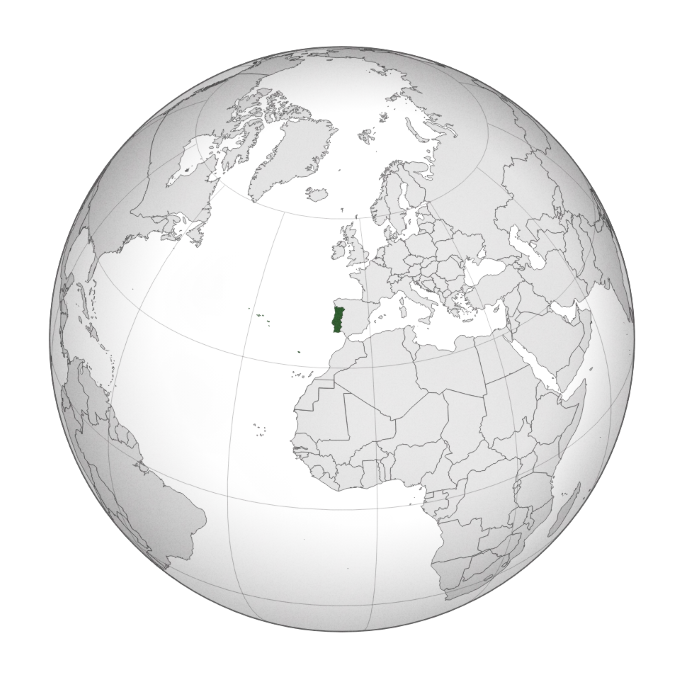Fausto Bordalo Dias "O barco vai de saída"
Fausto Bordalo Dias "O barco vai de saída" (The boat is setting out)
Here are several possible answers I've come across reading about Portugal. I'm not sure about how much importance to give each one.
1. Portugal is located in the far southwest of Europe, squeezed between the mountains and the sea. There's not really anywhere else to go in Europe. Across the mountains are “Castilians with knives”.
2. Fishing has always been a key industry, so Portugal had the sailors. Also you have to go a long way for some catches (e.g. to Newfoundland for cod), so the sailors had deep-water Atlantic sailing skills, not more coastal Mediterranean experience.
3. The best land in Portugal is along the coastal strip in the north and centre of the country. As you go south (into the Alentejo) it gets dry - not an overwhelming problem for modern agriculture but a big challenge in the past. Till you get to the far south coast (the Algarve), which has some potentially fertile mountains and rivers. But, back in the past, to make much use of the Algarve you really needed to control both sides of the sea - the European and African coasts. Otherwise raiders would steal your workforce or set up their own castles and mini kingdoms. So immediately after driving out the Muslim Moors the Portuguese Christian kings set about seizing land on the African side too. (Which of course the Moors had had themselves - it was the only way to make the Algarve viable).
4. With the Algarve conquest the new
 Map:
Map: